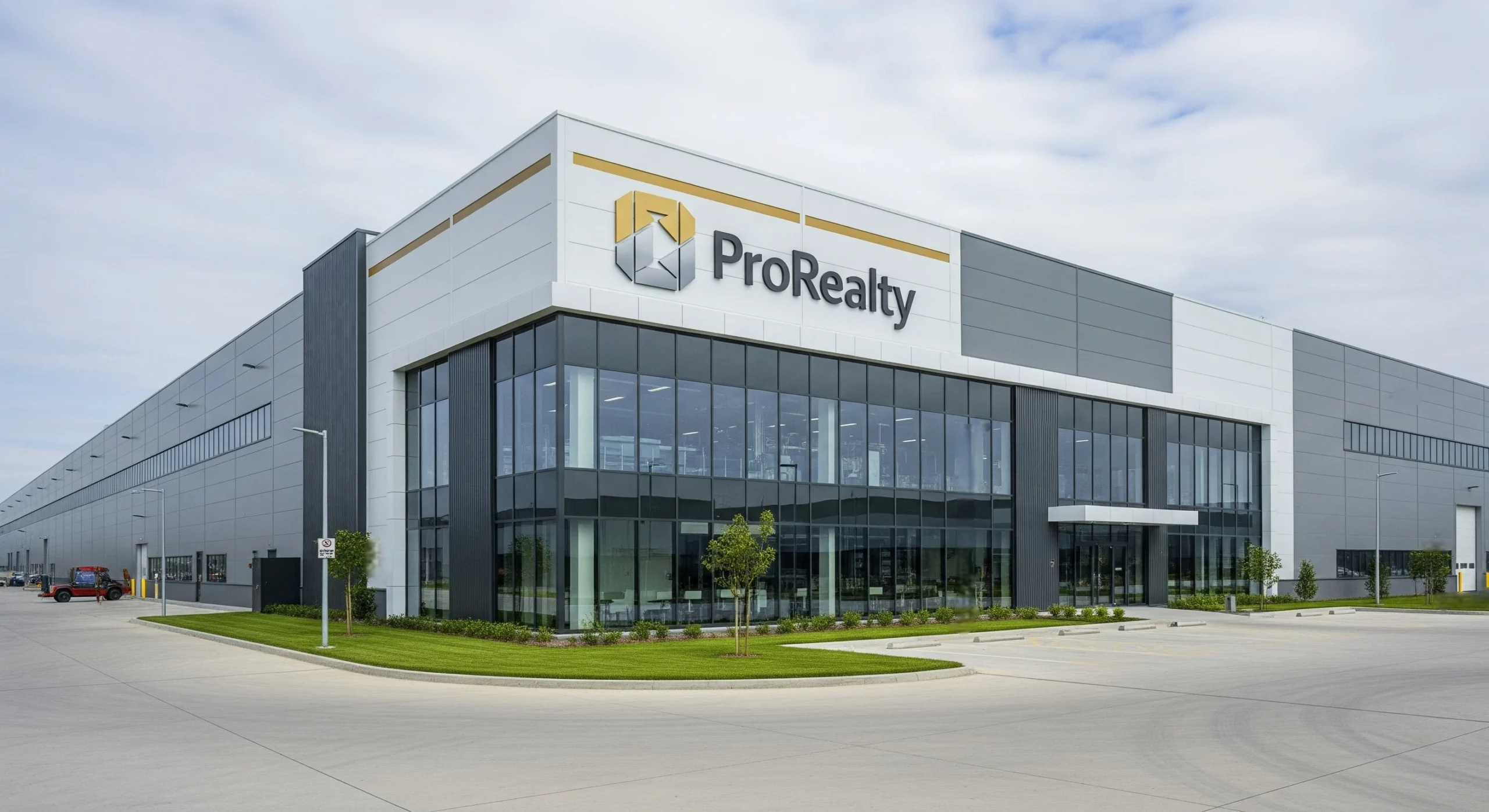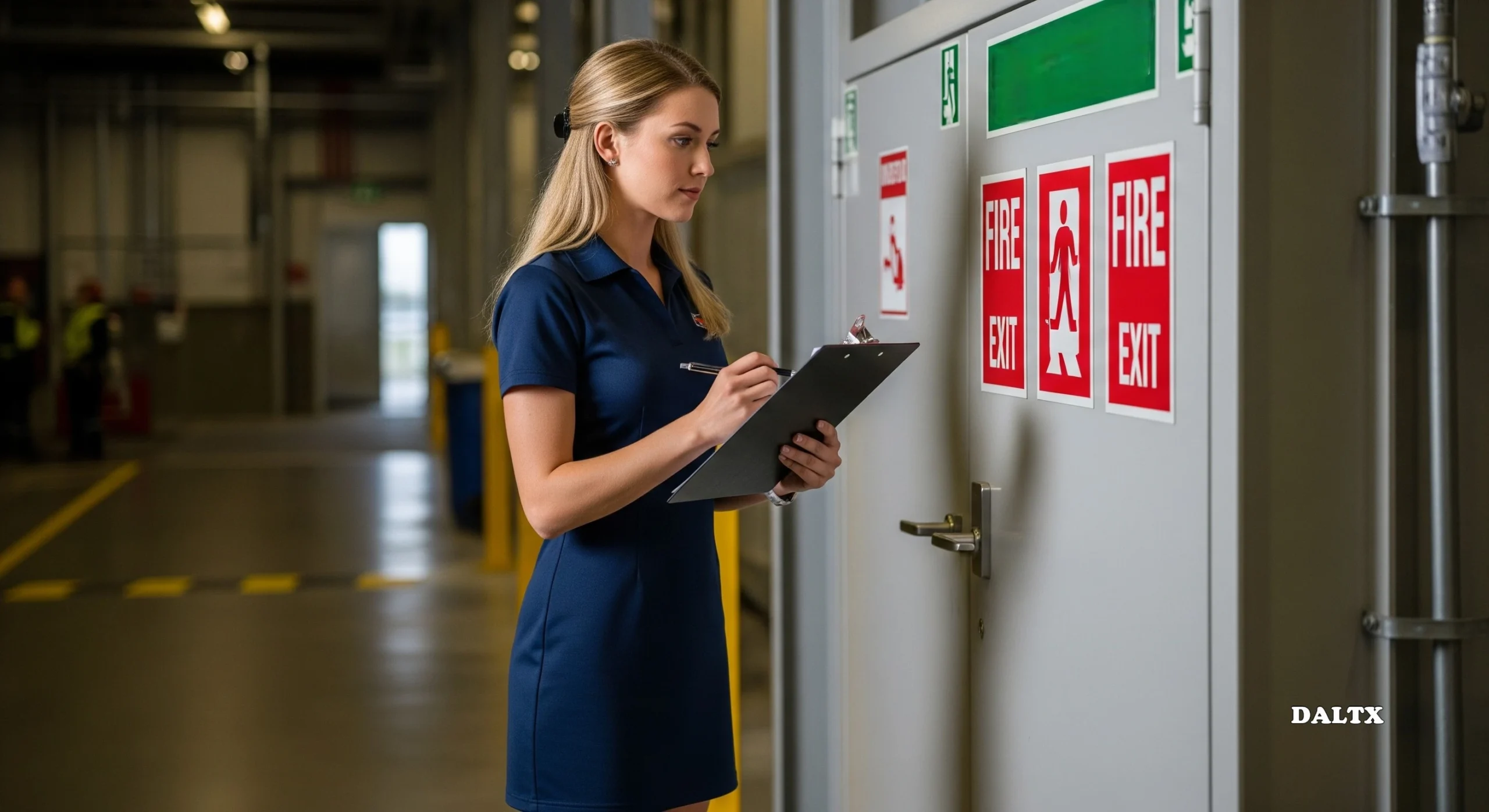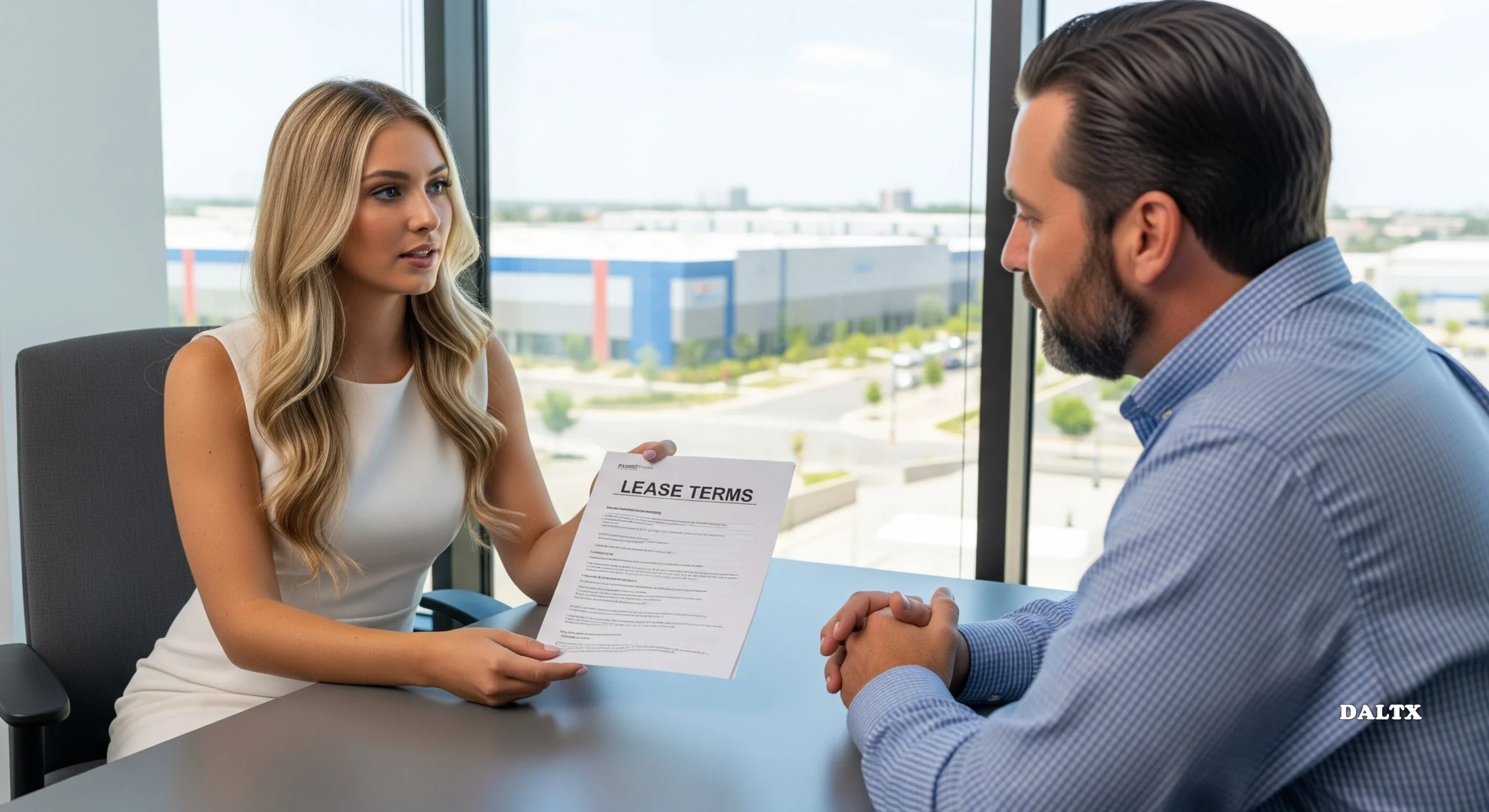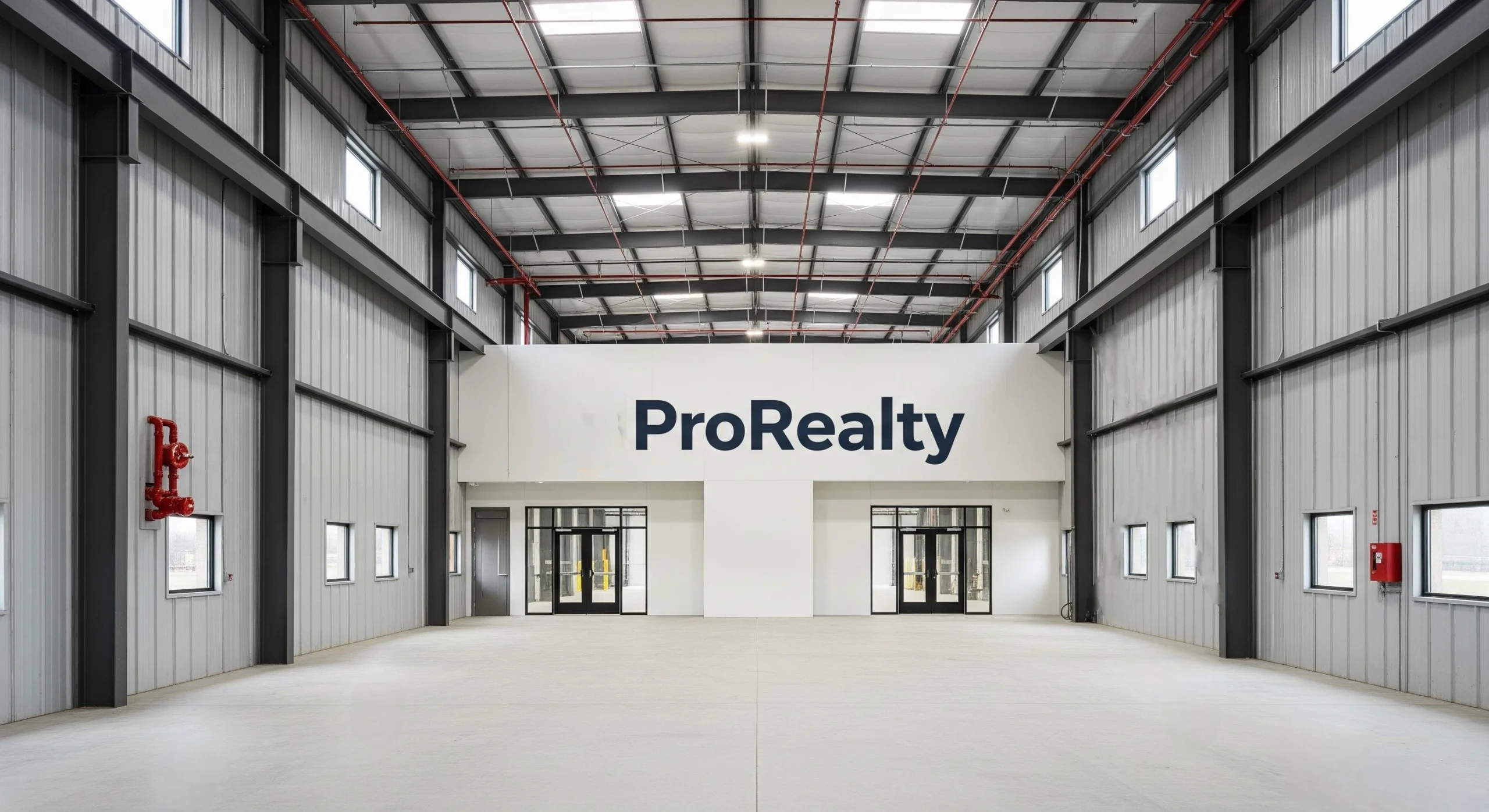
Managing a factory means more than keeping production on track. There’s equipment to maintain, safety protocols to follow, lessees to manage, and long-term property value to protect. That’s why many factory owners hire an experienced industrial property management team. Here’s what they contribute and why it matters.
1. Preventive Maintenance Reduces Costly Downtime

Property managers know how to keep industrial systems running. They oversee scheduled maintenance for HVAC, plumbing, electrical panels, and other critical infrastructure. This minimizes the risk of breakdowns that could disrupt production and delay orders.
Many use computerized maintenance management systems (CMMS) to track service intervals and alert vendors before failures occur. For example, replacing a worn bearing in a conveyor motor might cost $300—but letting it fail could lead to thousands in emergency repairs and lost output.
2. Safety and Compliance Are Proactively Managed

Factories must meet strict OSHA and environmental standards. A qualified property manager stays on top of these requirements by scheduling inspections, tracking remediation efforts, and maintaining documentation.
This reduces your exposure to liability and helps you pass mandatory audits. In sectors like food manufacturing or electronics, it can also protect your operating licenses. One common example: catching a blocked fire exit or outdated safety signage early can prevent costly fines or operational shutdowns.
3. Operating Costs Are Controlled Through Vendor Oversight

Property managers bring expertise in negotiating service contracts, monitoring utility costs, and streamlining operations. Consolidating landscaping, janitorial, or waste removal across properties can lead to volume discounts and lower per-unit pricing.
Managers also help identify capital improvements that deliver ROI. For instance, switching to LED warehouse lighting or installing smart thermostats can cut energy costs by 15%–25% annually. Many managers also help secure rebates or incentives to offset upfront costs.
4. Lease and Tenant Issues Are Handled Professionally

If the factory includes leased space, property managers handle rent collection, lease renewals, and tenant coordination. This keeps income stable, ensures compliance with relevant regulations and laws, and reduces administrative workload.
They also manage lease abstracts and flag terms like early termination rights or expense caps—so owners aren’t caught off guard. In triple net leases or complex commercial agreements, experienced oversight protects cash flow and avoids disputes.
5. Long-Term Property Value Is Protected

A strong management team doesn’t just handle daily operations, they look ahead. They help owners evaluate capital improvement needs, monitor market demand, and time upgrades for maximum return.
For example, converting a single-tenant facility into a multi-tenant logistics space—or upgrading to 28-foot clear heights and modern fire systems—can boost property value by 20% or more. Property managers coordinate these projects while minimizing disruption to current operations.
Takeaway
Industrial property management isn’t just about convenience. It’s about protecting a major asset, reducing risk, and maximizing long-term value. For factory owners, the right management team ensures the facility stays compliant, cost-efficient, and competitive in today’s market.



